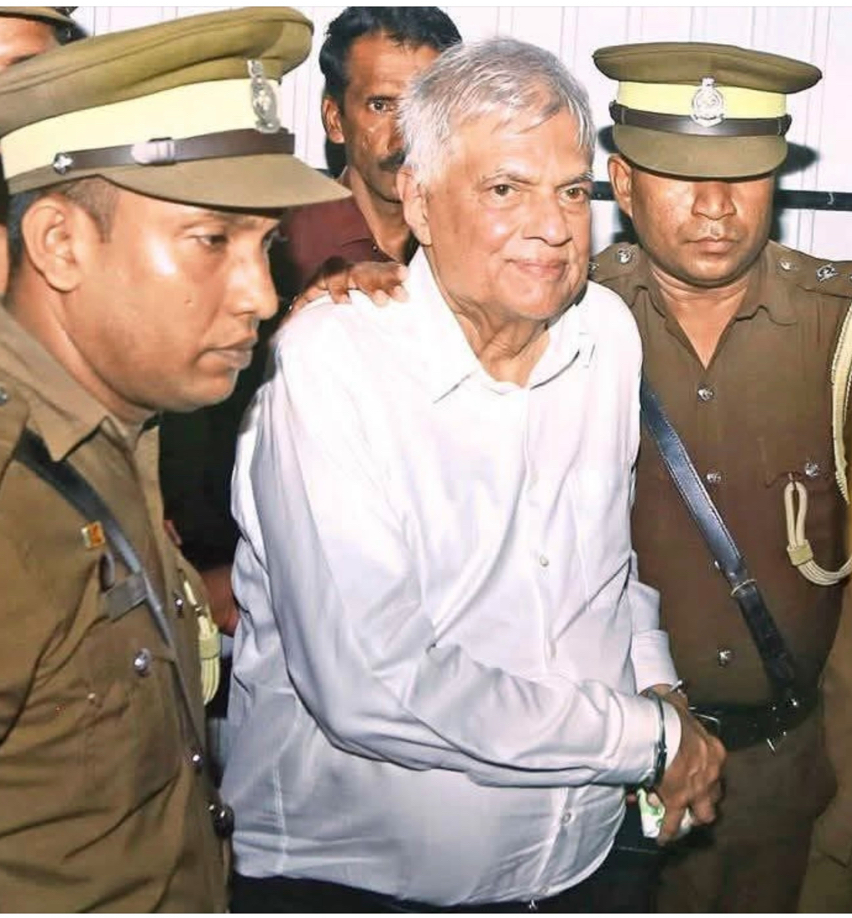By Adolf
The recent arrest of a former President has once again highlighted the weaknesses and ambiguities in Sri Lanka’s Presidential system. It has sparked fresh debate on the interpretation of the law by law enforcement and the balance between accountability and the dignity of the office.

Since its introduction in 1978, the Executive Presidency has been the subject of continuous discussion. While it provides stability through a directly elected President, it has also created tensions over legitimacy, accountability, and the misuse of power. To strengthen democracy and reinforce respect for the highest office in the land, reforms must focus on electoral rules, succession, dignity of office, and accountability mechanisms.
Proposed Reforms
1. Electoral Process
• Run-off Requirement: If no candidate secures more than 50% of valid votes in the first round, a second-round run-off should be held between the top two candidates within three weeks.
• A President without a 50% mandate lacks full legitimacy to govern.
• This reform would ensure that the elected President represents the majority, preventing a candidate from assuming office with only a small plurality.
2. Succession and Continuity
• Death or Resignation of a Sitting President:
◦ If more than two years remain in the term, a fresh national election must be held within 90 days.
◦ If less than two years remain, the Prime Minister or Speaker (as designated by law) should serve as Acting President until the end of the term.
•
• This arrangement guarantees continuity of governance while safeguarding the people’s right to elect their Head of State.
3. Dignity of the Office
• The President symbolizes the unity of the nation and must be shielded from trivial or vindictive attacks.
• Protocols should reinforce the dignity of the presidency by ensuring:
◦ A clear separation between official duties and political activities.
◦ Strict codes of conduct for Parliament, media, and political parties when addressing the office of the President.
◦ Official functions and security provisions are not misused for political advantage.
•
4. Accountability and Legal Immunity
• During Office: The President should enjoy functional immunity for actions taken in the discharge of official duties, to allow independence and decisiveness.
• After Office:
◦ A former President may be tried before a Special Tribunal or Constitutional Court for misconduct, corruption, or abuse of office.
◦ Safeguards must be in place to prevent political witch-hunts:
▪ Cases should be screened by an independent panel of judges before proceeding.
▪ Only serious, well-documented charges should be entertained.
▪ A time limit (e.g., within five years of leaving office) should apply, to prevent harassment decades later.
◦
•
5. Broader Democratic Rebalancing
Reforms should also address structural imbalances by:
• Strengthening Parliamentary oversight over major executive decisions, including key appointments, treaties, and fiscal commitments.
• Establishing recall or impeachment procedures that are clear, transparent, and based on high thresholds to prevent abuse.
• Safeguarding the independence of commissions—Elections, Police, Public Service, and Judiciary—from presidential interference.
Conclusion
These reforms would preserve the strengths of a directly elected presidency while addressing its weaknesses. A run-off system would ensure legitimacy, clear succession rules would prevent uncertainty, dignity protocols would protect the office, and balanced accountability would prevent both impunity and political persecution.
For Sri Lanka to restore public trust in its highest office, Parliament should urgently study comparative models such as France, South Korea, and Brazil, where strong presidencies coexist with democratic checks and balances.
